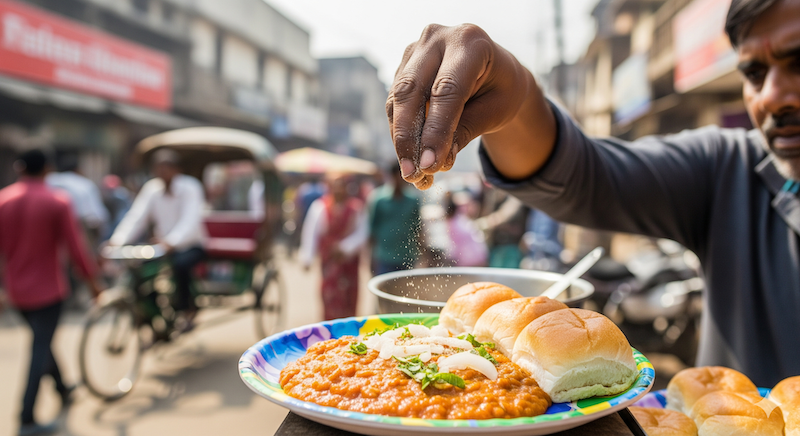1 in 4 Foods Fail Safety Tests: Why Food Safety Must be an Important Policy Priority

TL; DR
1 in 4 food samples in India fail safety checks. From unsafe to sub-standard products, adulteration threatens health and trust, making food safety a moral and policy imperative.
Context
In India, where food is central to culture and daily life, the challenge of adulteration has become a serious public health concern. From diluted milk to contaminated spices, unsafe/adulterated practices threaten both nutrition and consumer trust.
Who compiles this data?
Food adulteration in India is tracked by the Food Safety and Standards Authority of India (FSSAI) and state authorities through inspections, random sampling, and testing in accredited labs, including mobile “Food Safety on Wheels.” FSSAI’s annual reports detail the number of samples tested, those found unsafe or substandard, surveillance findings, and the legal actions taken against defaulting food businesses.
Where can I download clean & structured data related to food adulteration in India?
Clean, structured, and ready-to-use datasets on food samples tested, non-conforming samples, and penalty cases can be downloaded from Dataful.
Key Insights
- Every fourth food item tested in India over the last decade has failed safety checks. Such non-conforming samples arise from three key issues: unsafe products, sub-standard quality, or misleading labelling/miscellaneous. Between 2014-15 and 2024-25, an average of 25% of samples were non-conforming. Of these, nearly half were sub-standard, around 15% unsafe, and the rest failed due to labelling or other compliance violations.
- Between 2014-15 and 2023-24, a total of 2.4 Lakh Criminal and Civil cases were launched against the default food business operators (FBOs), of which convictions were obtained in 1.26 Lakh Cases, and total penalties of Rs. 383 Crore were levied.
Why does it matter?
As India’s food industry grows at breakneck speed, the challenge of ensuring safety has become more complex than ever. Each unsafe or sub-standard product that reaches consumers not only endangers health but also erodes public trust in the very system meant to protect them. Safeguarding food safety is, therefore, not just a regulatory duty but a moral imperative; one that upholds both the well-being of citizens and the essence of what truly nourishes India.
Key Numbers:
- Samples analysed and found non-conforming
14599 out of 74010 (2014-15) → 30415 out of 106459 (2018-19)→ 34388 out of 170535 (2024-25).
- Penalties levied on default food business operators
10.93 Crore (2014-15)→ 59.4 Crore (2019-20)→ 76.8 Crore (2023-24)